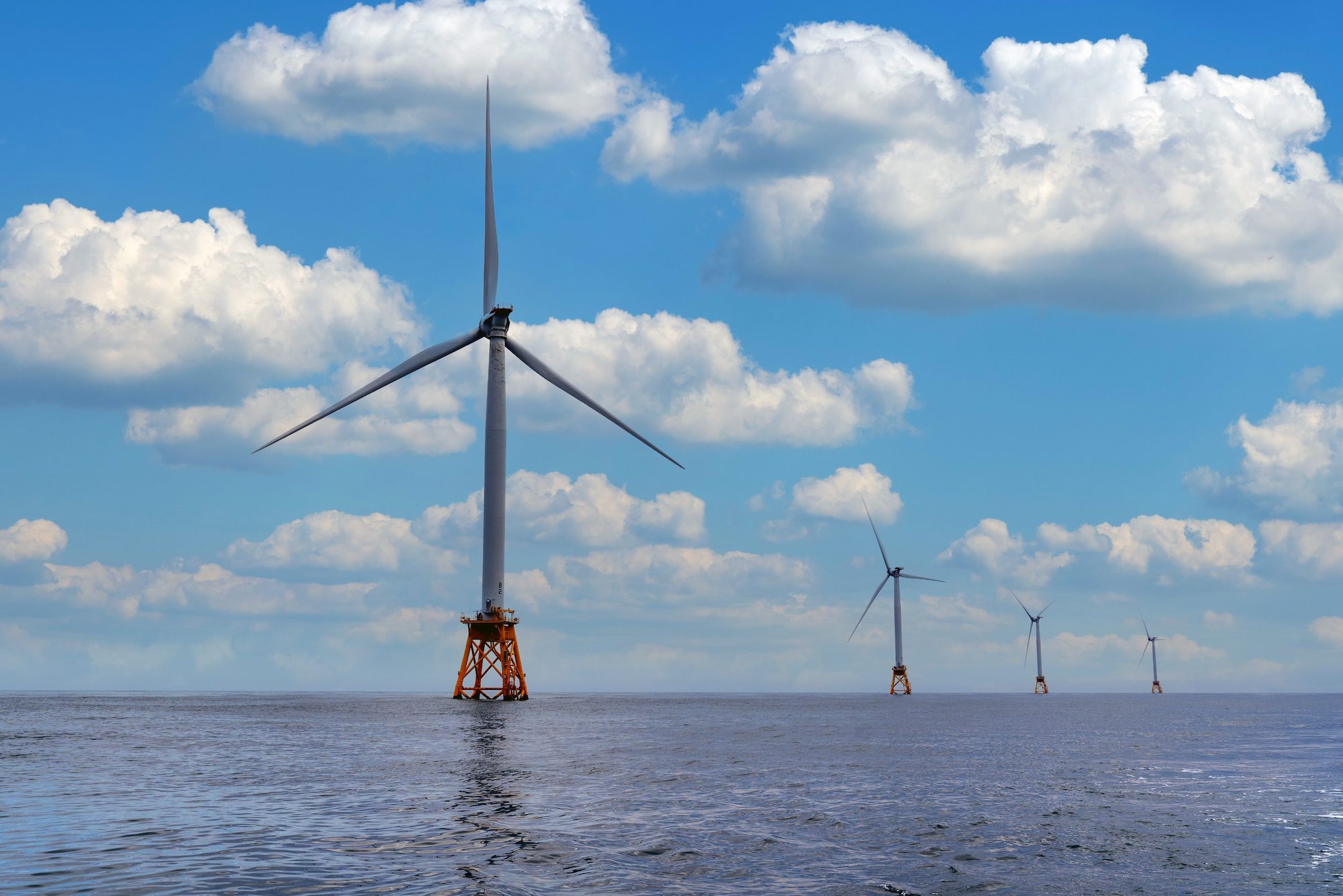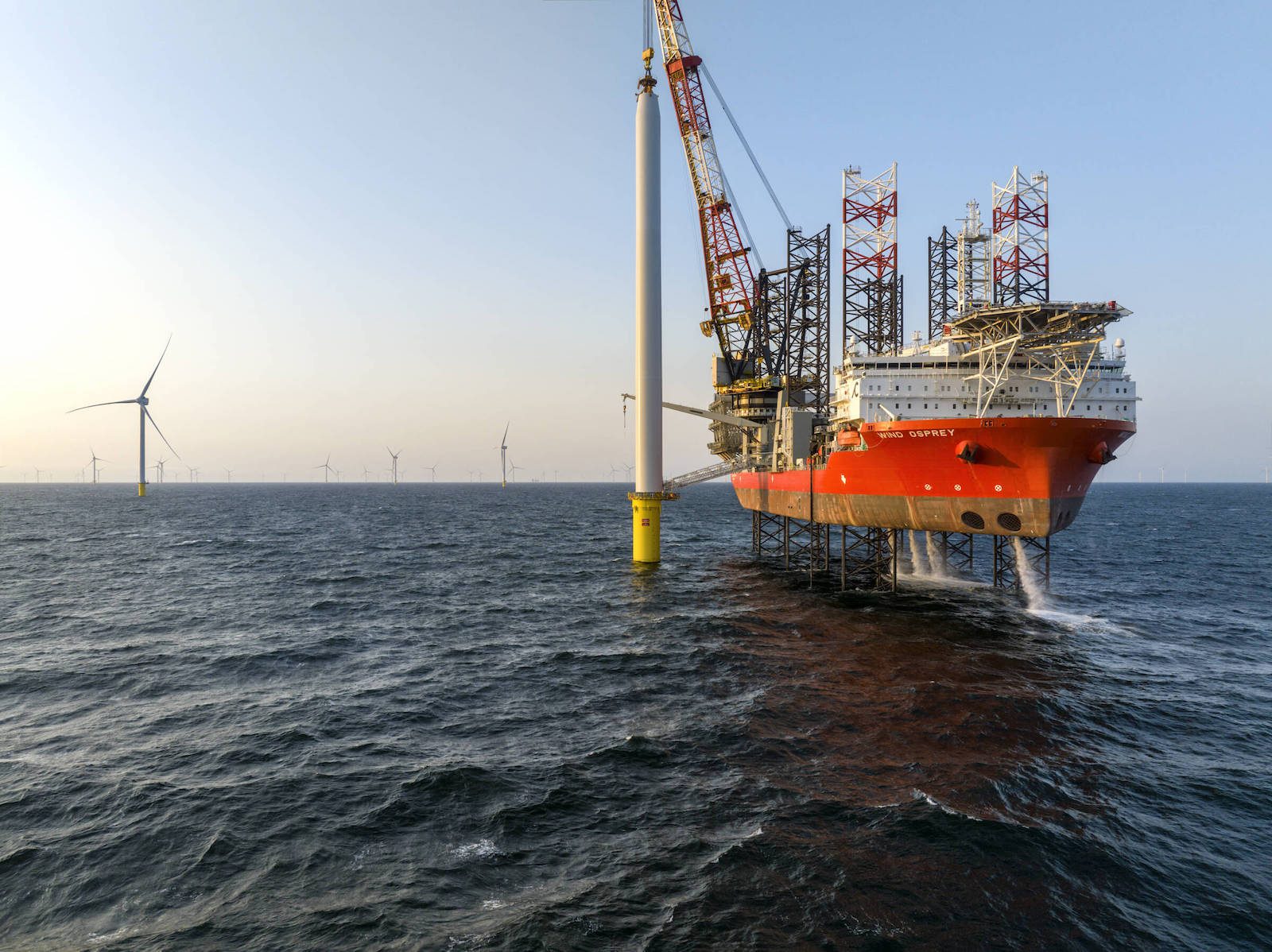 Access to reserves is currently the biggest risk for oil and gas companies, said Ernst & Young in its annual report on the top 10 risks for the global oil and gas sector released Monday. This is up one place from the 2010 report, replacing uncertain energy policy, which moved to number two.
Access to reserves is currently the biggest risk for oil and gas companies, said Ernst & Young in its annual report on the top 10 risks for the global oil and gas sector released Monday. This is up one place from the 2010 report, replacing uncertain energy policy, which moved to number two.
“While limits on access are not new, a combination of factors has pushed this to number one: political unrest in North Africa and the Middle East; high oil prices and the growth of new government-backed rivals.” said Dale Nijoka, Global Oil & Gas Leader for Ernst & Young, in a press statement.
Meanwhile, energy policy is in a continued state of flux in many key geographies and the impact of last year’s oil spill in the Gulf of Mexico still felt in the ongoing debate over new deepwater rules and regulations, Ernst & Young added.
For the first time this year, health, safety and environmental risks made the list, at number five. This risk reflects companies focus on a more sustainable and robust operating model, more complex operational challenges and the rising power of local community stakeholders.
Also for the first time this year, the report outlines the top ten opportunities for the Oil and Gas sector, with exploration of “frontier” acreage, or areas previously considered too difficult, too expensive, or too politically unstable to justify operations, ranking in at the number one spot.
Other opportunities in the top 10 include unconventional sources, rising emerging market demand, investing in innovation, alternative fuels and building regulatory confidence.
The top 10 risks:
1. Access to reserves: political constraints and competition for proven reserves
2. Uncertain energy policy
3. Cost containment
4. Worsening fiscal terms
5. Health, safety and environmental risks
6. Human capital deficit
7. New operational challenges, including unfamiliar environments
8. Climate change concerns
9. Price volatility
10. Competition from new technologies
The top 10 opportunities:
1. “Frontier” acreage
2. Unconventional sources
3. Conventional reserves in challenging areas
4. Rising emerging market demand
5. NOC-IOC partnerships
6. Investing in innovation and R&D
7. Alternative fuels
8. Cross-sector strategic partnerships
9. Building regulatory confidence
10. Acquisitions or alliances to gain new capabilities
Via Ernst and Young

 Join The Club
Join The Club



![Top 10 Risks and Opportunites for Oil and Gas Industry [REPORT]](https://gcaptain.com/wp-content/uploads/2011/09/arctic_ice_clouds.jpg)
 Access to reserves is currently the biggest risk for oil and gas companies, said Ernst & Young in its
Access to reserves is currently the biggest risk for oil and gas companies, said Ernst & Young in its 






